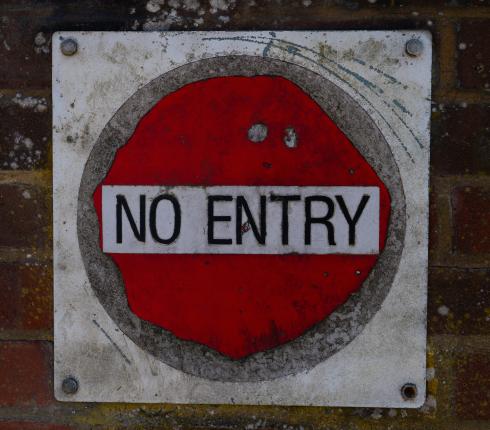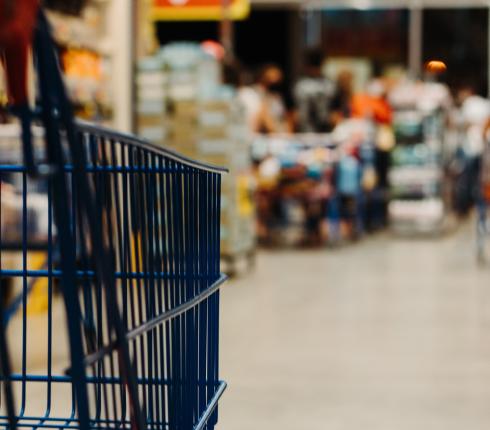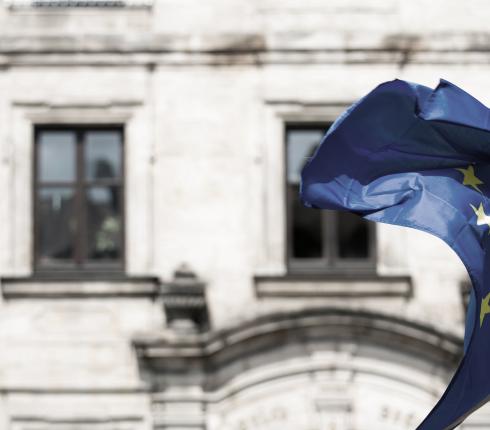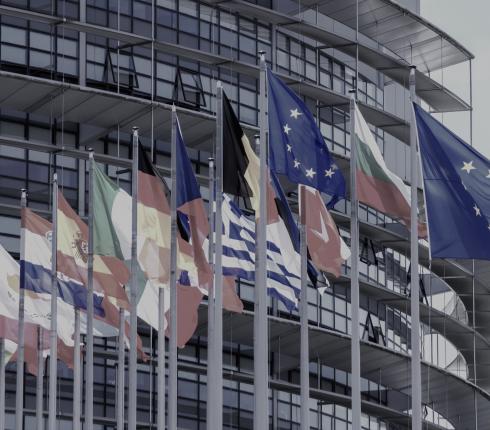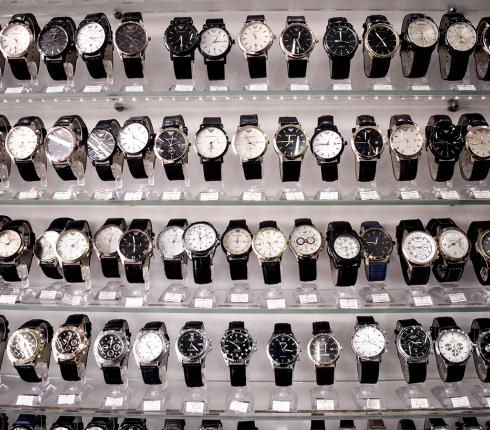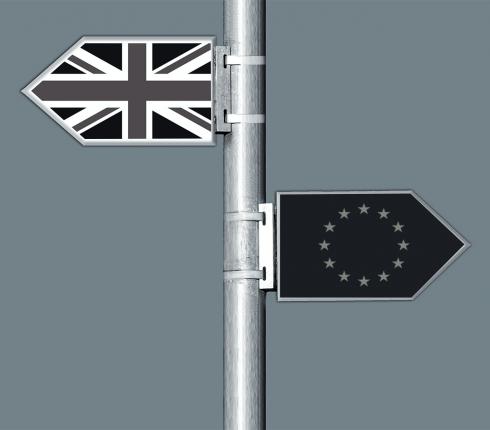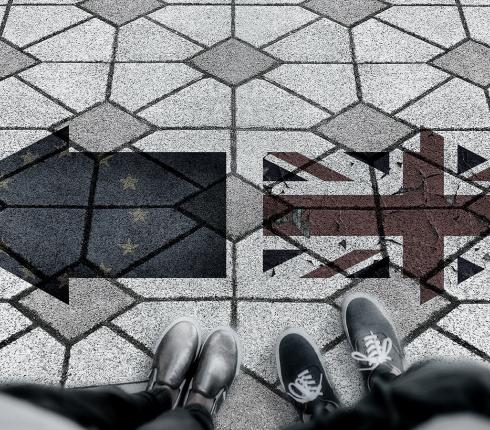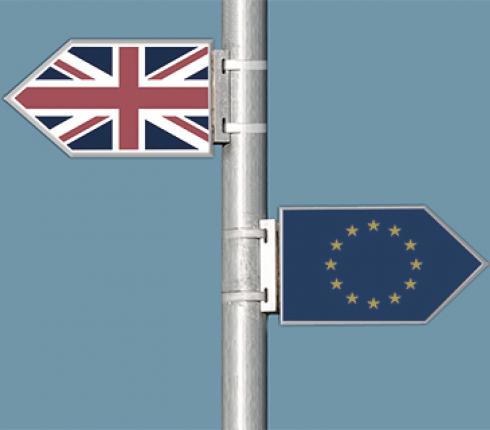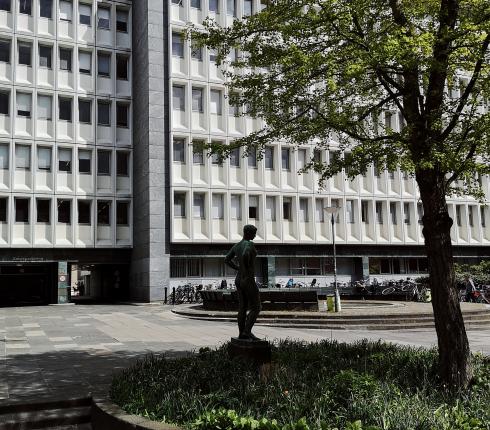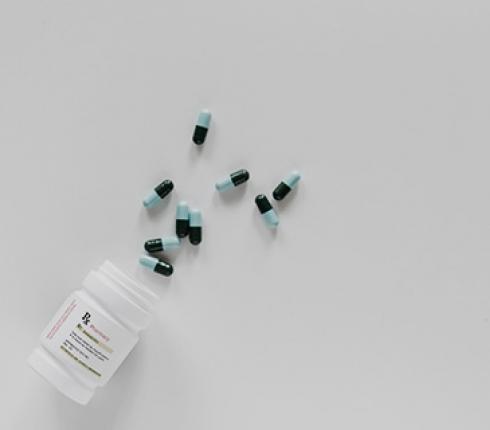New EU ruling: a victory for innovation, research, and consumer safety
Headed by Thomas Ryhl, NJORD Law Firm has won yet another important victory for trade mark owners and innovators before the Court of Justice of the European Union.
On 17 November 2022, the Court of Justice of the European Union rendered a series of judgments on the interpretation of the rules on falsified medicinal products that came into force in the European Union in 2019. The Court of Justice established that the rules, which make additional security features on the external packaging mandatory on all medicinal products, are issued to provide adequate safeguards against falsified medicinal products entering the supply chain, and to protect patients as well as the interests of marketing authorisation holders and manufacturers.
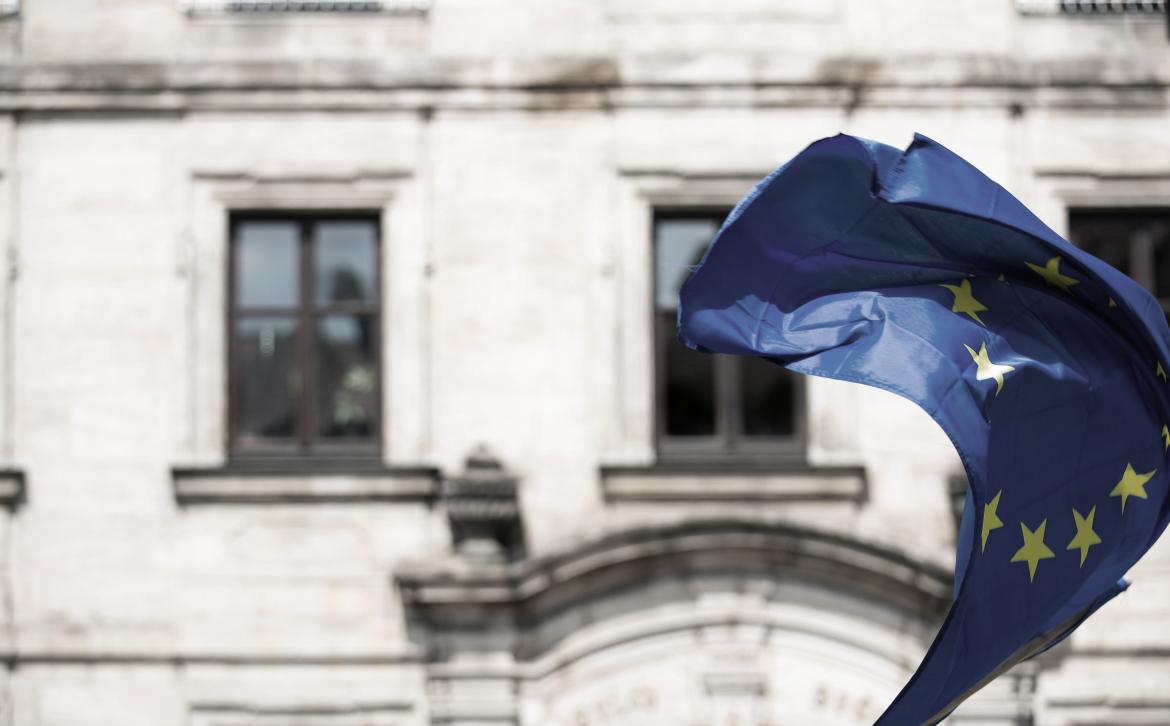
case brief
It should be clear to anyone whether the seal on a packaging has been broken by an authorised repackaging agent or tampered with by an unauthorised fraudster.
That purpose is fulfilled by the existing rules and technical regulations on the antitampering devices, the Court of Justice noted, while also pointing out that the rules on medicinal products are fully harmonised in the European Union. Once a medicinal product been approved at the European level, it is safe to use. Consequently, Danish medicinal products are thus free to be sold in all Member States, as the governments of the importing Member States cannot make their own special rules which impede the access to the market of medicinal products from other Member States. Similarly, medicinal products from other Member States may be sold legally in Denmark in their original packaging upon import. The Danish Medicines Agency was of a different opinion, but the special Danish interpretation was dismissed by the Court of Justice.
The Court of Justice also noted that the rights of the original manufacturers of medicinal products have not changed by the new rules on adequate safeguards in the supply chain. The original manufacturers who annually invest billions in research and development of new and better medicinal products are still allowed to decide on the use of their own brands. They do not need to tolerate that repackers and parallel importers always replace the original packaging with packaging of their own, with self-made colours, logos, and brand names. If it is possible to provide the necessary information about the repacker’s identity and to safely reseal the outer packaging, there is no need to discard the original packaging.
njord's comments
The judgments confirm that the safety of patients always have the highest priority. The judgments also confirm that parallel import of medicinal products is a consequence of the free movement of goods in the internal market and does not in itself affect the safety of patients. This, however, does not give the parallel importers the right to violate the intellectual property rights of the original manufacturers nor to free-ride on their well-deserved status as guarantors of quality, innovation and patient safety.
The judgments, anxiously awaited around most of Europe, have been delivered after preliminary references from courts in Denmark, Germany, and Belgium. The Danish cases are joined under case C-224/20 and brought by several research-intensive pharmaceutical companies including Novartis, Ferring, Lundbeck, and Merck Sharp & Dohme. NJORD is representing Novartis and Ferring, as also in the previous and very important case on repackaging and trademarks, case C-297/15.

